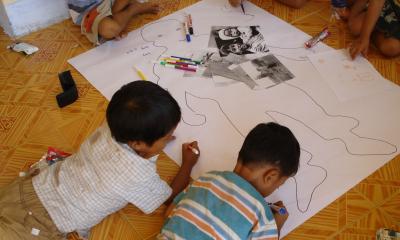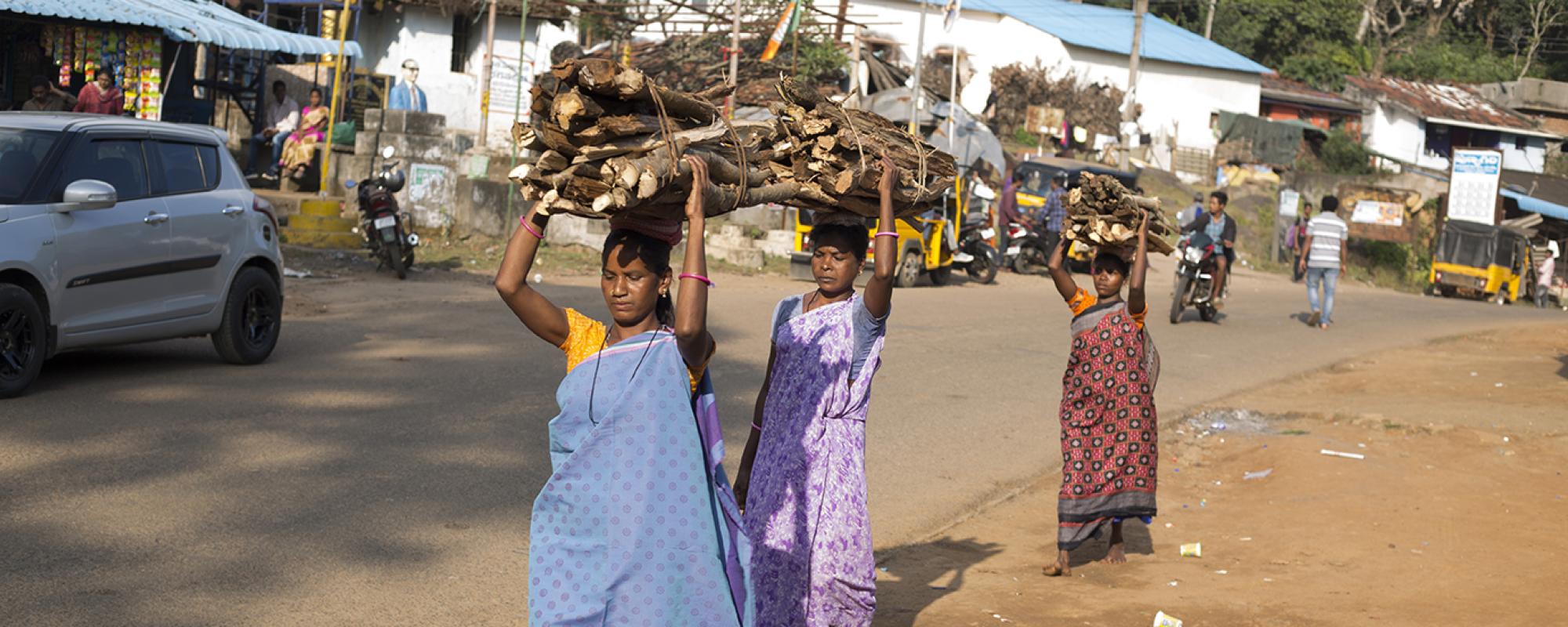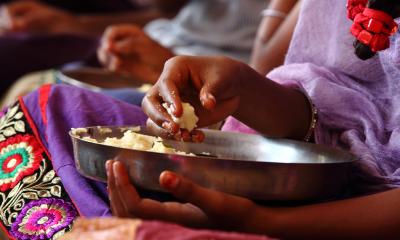

Young Lives is a unique longitudinal study that has been following the lives of 12,000 children in Ethiopia, India (Andhra Pradesh and Telangana), Peru and Vietnam since 2002.
Our mission is to deliver ground-breaking research on how intersecting inequalities and new vulnerabilities affect the lives of disadvantaged children and young people and what can be done to improve their life outcomes.
We deliver impact through:
- Building knowledge on how early childhood experiences impact later life outcomes, according to a range of structural factors (wealth, location, gender, age, and ethnicity), and alongside significant external shocks including the COVID-19 pandemic and climate change.
- Informing national and international policies and programmes that improve the lives of disadvantaged children and young people, and that are central to achieving the Sustainable Development Goals (SDGs).
The Young Lives Theory of Change provides a framework to maximise the contribution of all our research projects in delivering our mission. We have learnt from our track record of success over 20 years, what outputs and outcomes are effective. We have analysed the assumptions underlying our activities to determine that they will have the desired effects, alongside analysis of the key external risks that may need to be navigated in these times of unprecedented change and uncertainty.
Young Lives is a unique longitudinal study that has been following the lives of 12,000 children in Ethiopia, India (Andhra Pradesh and Telangana), Peru and Vietnam since 2002.
Our mission is to deliver ground-breaking research on how intersecting inequalities and new vulnerabilities affect the lives of disadvantaged children and young people and what can be done to improve their life outcomes.
We deliver impact through:
- Building knowledge on how early childhood experiences impact later life outcomes, according to a range of structural factors (wealth, location, gender, age, and ethnicity), and alongside significant external shocks including the COVID-19 pandemic and climate change.
- Informing national and international policies and programmes that improve the lives of disadvantaged children and young people, and that are central to achieving the Sustainable Development Goals (SDGs).
The Young Lives Theory of Change provides a framework to maximise the contribution of all our research projects in delivering our mission. We have learnt from our track record of success over 20 years, what outputs and outcomes are effective. We have analysed the assumptions underlying our activities to determine that they will have the desired effects, alongside analysis of the key external risks that may need to be navigated in these times of unprecedented change and uncertainty.


